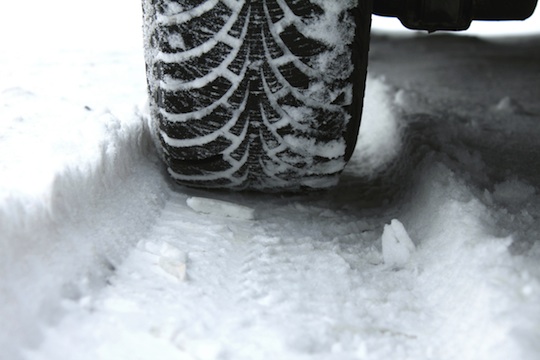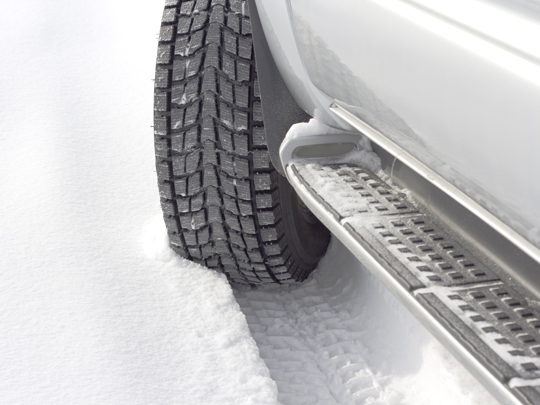In order to drive safely, you need proper tires. Is the hassle of switching between all weather tires and snow tires really necessary? Could you possibly use the same tires all year round?
The answer is, not really. You would be taking the kind of risk that jeopardizes life and limb. Only snow tires can provide much needed traction on snowy, winter days. Let’s examine the pros and cons of all weather vs snow tires.
Are There Drawbacks to the Use of Snow Tires?
Tires are critical for your car’s safety, because they can provide your vehicle’s turning and stopping abilities. Tests have proven that snow tires improve performance when it comes to cornering and braking.
You may consider the extra cost of snow tires to be a drawback. You may think that they just double your expenditure. In fact, your expenditure remains the same. The difference lies in the fact that having two sets of tires will result in lower tire wear. To summarize:
– Snow tires improve your vehicle’s turning and stopping performance.
– Having both all weather and snow tires does not mean more money, but less tire wear.
What are the Actual Differences between Snow Tires and All Weather Tires?
Snow tires have tread patterns designed to press hard into the surface of snow and ice. They are made of a special type of rubber, which makes the tire more flexible and able to adhere to the road surface, even when temperatures are very low. Conversely, all weather tires become brittle and hard in similar conditions.
While the use of snow tires will undoubtedly increase driving safety, don’t forget to pay attention to the three golden rules of winter driving:
1. Slow down.
2. Allow extra time to get to your destination.
3. Allow twice the normal separation distance between your vehicle and the vehicle in front of you.
Find Help
Need assistance installing snow tires on your car? TalkLocal will save you time by directing you to a professional in your area in minutes. We will connect you with up to three professionals immediately.










